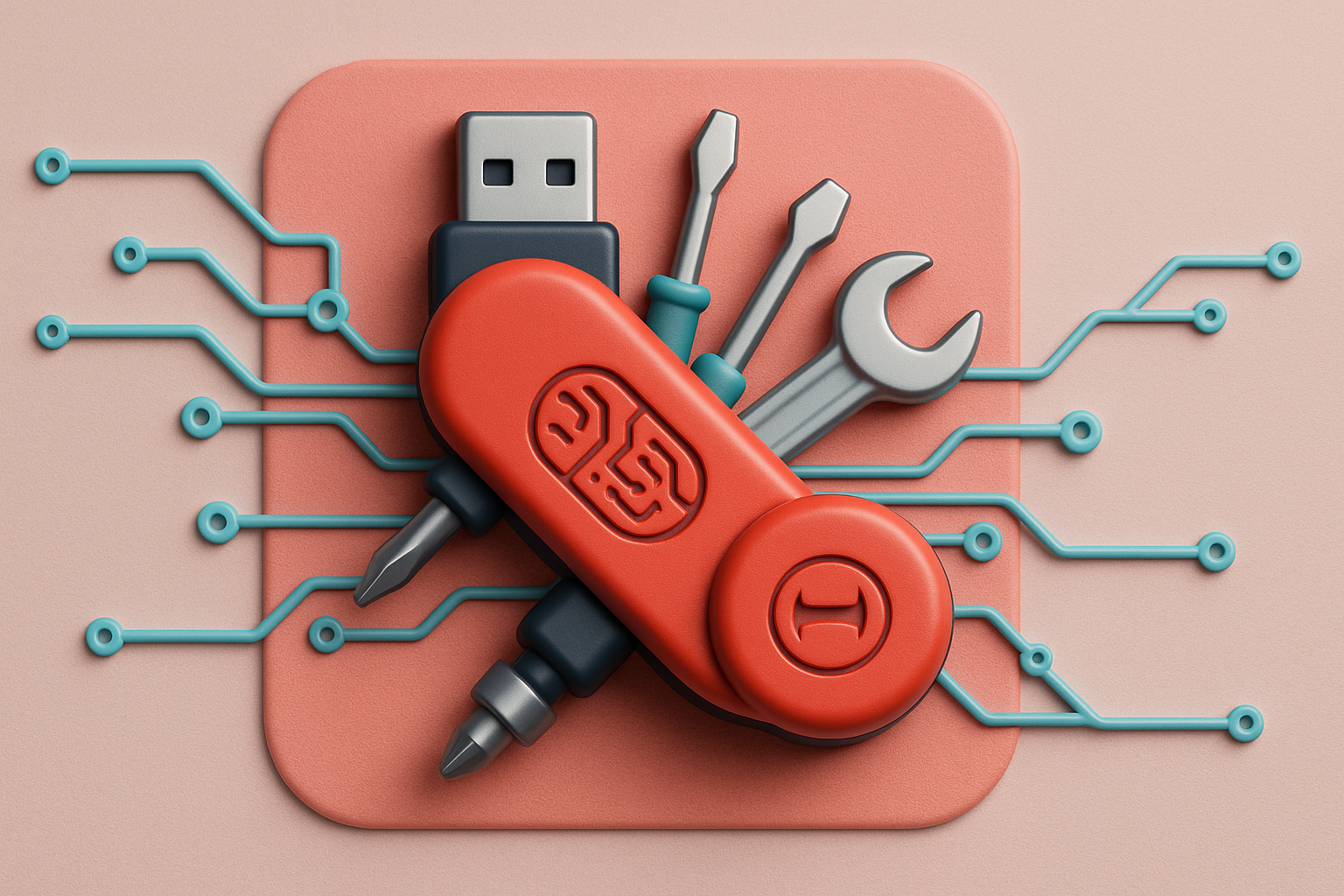The MIT NANDA State of AI in Business 2025 report identifies a core adoption gap. And employees have already crossed it while enterprises have not. The study finds that workers in roughly 90% of surveyed companies use an LLM for work while only about 40% of companies have purchased an official LLM subscription.
In fact, only 5% of task‑specific enterprise solutions reach production. Pilots stall. Budgets over-allocate to visible front‑office experiments while stronger ROI often sits in back‑office workflows. The pattern is consistent in their survey: high personal adoption, low enterprise transformation, and a learning gap that blocks scale.
A key point the report tries to make is generic consumer LLMs boost individual productivity, but they forget context, fail to retain feedback, and require manual re‑prompting.
Yet even so, users like the flexibility of consumer tools more, and often reject enterprise tools that act like inflexible wrappers on AI. Executives who do cross the gap buy systems that integrate into existing workflows, retain memory, respect data boundaries, and improve with use.
Theta Assist fits this brief. Theta Assist is an enterprise LLM assistant platform built for real workflows rather than demos. It addresses the learning gap, not just by using the latest models, but with persistent context, security, and governance.
What the report says enterprises want from LLMs
- Trust in the vendor and the system.
- Deep understanding of the workflow.
- Minimal disruption to current tools.
- Clear data boundaries and governance.
- The ability to improve over time.
- Flexibility as processes change.
What Theta Assist delivers
1. Persistent context and learning
Chat fails at scale because it forgets. In contrast, Theta Assist anchors each assistant to your business context, taxonomies, and decisions so the AI stops repeating the same mistakes. It retains structured preferences and process constraints. As a result: fewer re‑prompts, fewer edge‑case failures, and consistent outputs across teams.
2. Workflow integration in addition to copy-paste tooling
Standalone tools like ChatGPT helps with drafts but struggles to impact P&L. Theta Assist works as a drop-in replacement for ChatGPT – so users feel confident with chat, and it connects with the systems where work already happens – like Teams and SharePoint. Assistants can be wired into workflows as well though - working via API – so you can start with chat and prove fit before moving to embedding it in your processes and workflows.
3. Data boundaries and governance by default
Shadow AI thrives because it is useful. It also increases risk. Theta Assist replaces unmanaged usage with controls: SSO sign-in, assistant sharing and owner permissions, data locality choices, no data shared back for model training, explicit information retrieval and audit. The assistants in Theta Assist use only the data they are allowed to see and leave a verifiable trail of what is accessed. Result: adoption without guesswork on compliance.
4. Outcome‑aligned with a focus on growing staff capability
Model intelligence benchmarks do not necessarily correlate with business value. Theta Assist usage can be tracked and measured while personal tools live in silos. Assistants are shareable and exist in an organisation-wide library. We provide training as part of our implementation, so it’s not left to small teams to implement projects – AI competence becomes a muscle all staff can develop.
5. Fast path to fit, without heavy rebuilds
Internal builds often stall under brittle logic and maintenance drag with one-off ideas and small pilots. Theta Assist focuses on letting you configure many high‑values slices, proving value in place, then stepping into adjacent areas quickly.
Where the ROI on AI shows up first
The report documents a bias: about half of AI budgets go to sales and marketing because attribution is easy, while operations and finance often deliver stronger, cleaner ROI. Theta Assist puts the assistants wherever the work sits.
We believe classical ROI thinking is missing a trick though. It says apply AI to tasks that are repetitious. But why do staff use AI personally? Not to automate a step they do 10 times a day, but to speed up a myriad of diverse tasks that they want to achieve faster. Give them the best corporate tool available to do that.
Opportunities abound – check out our use cases pages for ideas.
How Theta Assist aligns to the report’s playbook
- Buy, then co‑evolve. The report shows external partnerships succeed about twice as often as internal builds. Theta with Theta Assist operates as a partner focused on AI competence and iterative learning.
- Respect prosumer reality. Employees already use LLMs daily. Theta Assist replaces risky personal use with a sanctioned assistant platform that feels as flexible as consumer chat, while carrying enterprise memory, permissions, and logs.
What changes inside the enterprise when you adopt Theta Assist?
- Shadow AI becomes sanctioned productivity. Employees keep speed and enjoyment, leaders gain control.
- Pilots stop looping. The same assistant that proves value in week one persists into ‘production’ because Theta Assist is designed to scale from chat use to embedded workflow use too.
Buyer checklist distilled from the report, mapped to Theta Assist
- Does it learn from our feedback and decisions?
- Theta Assist captures approved instructions and embeds them in future conversations.
- Will it fit our workflow and systems without heavy change?
- Theta Assist works with SharePoint and Teams
- It can be used via chat like ChatGPT but also connected into automated workflows via APIs
- Are data boundaries explicit and enforced?
- Theta Assist only accesses the data you explicitly share with it.
- Can we measure impact and metrics?
- Theta Assist has built in analytics for what assistants are getting used the most and which users are active and those that may need more assistance.
- Will it adapt as the process changes?
- Theta Assist is configurable and easy to update with lessons and experience.
- It has access to the latest OpenAI model as they come to market.
Summary
The report's message is clear. The blocker is not model horsepower. The blocker is the absence of flexibility present in consumer tools but with the need for learning, memory, and workflow fit.
Theta Assist addresses that gap directly: an enterprise LLM assistant platform with persistent context, process integration capability, enforced data boundaries, measurable outcomes, and continuous improvement built in.









